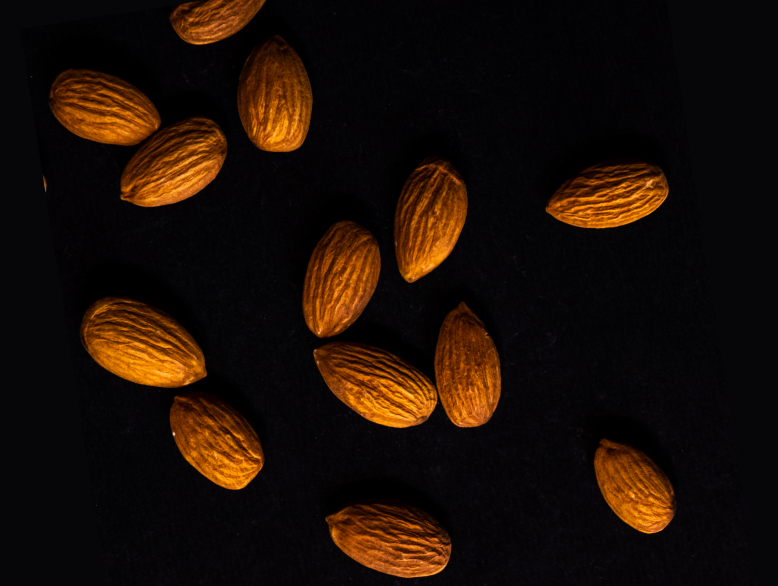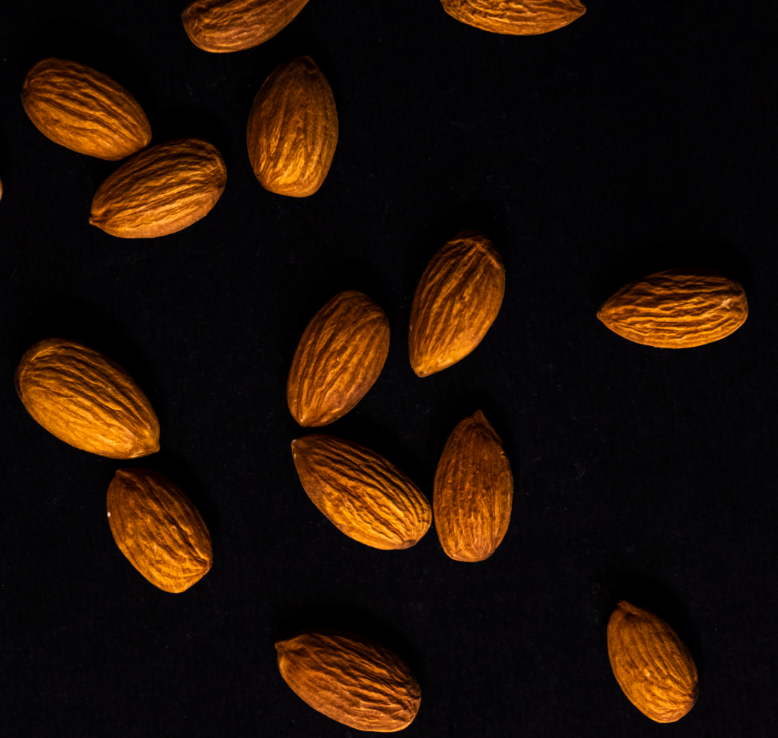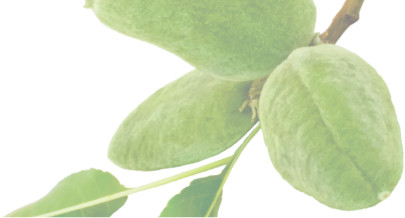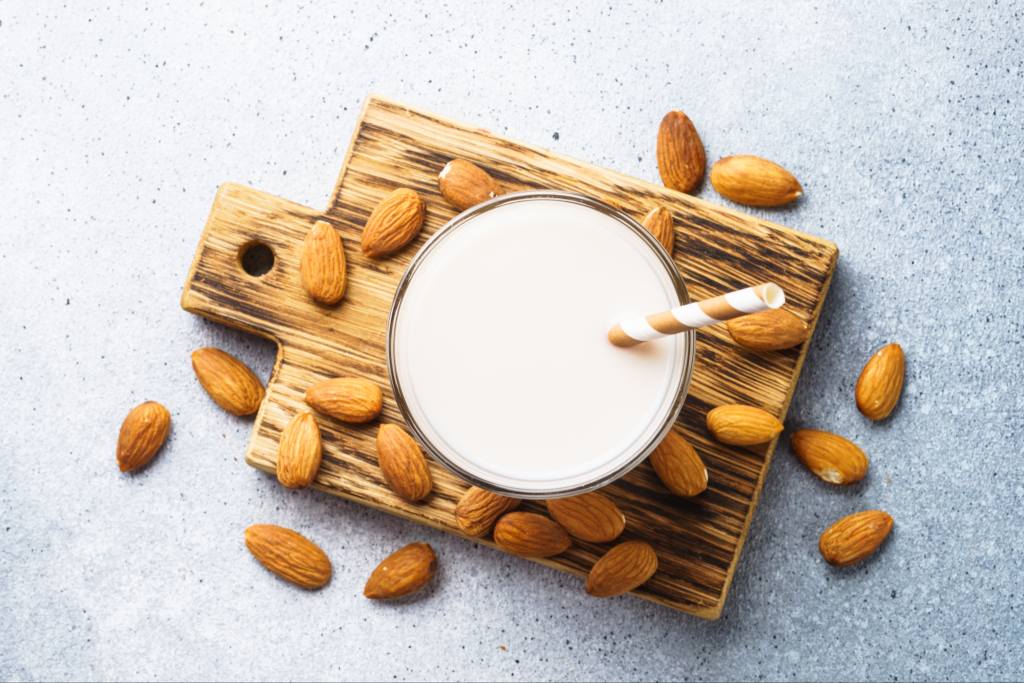The right blend of plant-based milk bases, emulsifiers, and natural sweeteners ensures a smooth, rich texture without curdling or separation. With careful formulation, brands can develop scalable, clean-label creamers that meet both consumer expectations and production efficiency.











How to Formulate Healthier Coffee Creamer Alternatives


Consumers want better coffee creamers—cleaner ingredients, less sugar, and no dairy—but creating a healthier alternative that still delivers creaminess and stability isn’t easy.
What Defines a High-Quality, Healthy Coffee Creamer?
A high-performing plant-based coffee creamer must maintain stability while enhancing the overall coffee experience. Achieving this requires the right balance of ingredients that contribute to texture, nutritional value, and compatibility with hot beverages. The following elements define a high-quality, healthy coffee creamer:
- Texture and consistency – A good creamer should provide a smooth and rich mouthfeel without feeling thin or watery. Proper fat content and emulsifiers help mimic the creaminess of dairy-based options.
- Stability in heat and acidity – One of the biggest challenges in formulating plant-based creamers is preventing curdling or phase separation when mixed with coffee. Ingredients must be selected to ensure they remain stable even in highly acidic environments.
- Nutritional benefits – Health-conscious consumers are looking for products that contribute to overall well-being. A strong formulation keeps sugar levels low while providing healthy fats, protein, or added functional ingredients such as fiber or MCTs.
- Clean-label formulation – Simplicity in ingredient lists is a growing priority. Consumers and manufacturers alike seek non-GMO, organic, and minimally processed components that align with dietary preferences and sustainability goals.
Scientific research supports the role of emulsification and particle size in the performance of plant-based creamers. Studies on plant-based milks for coffee applications highlight how smaller, well-distributed fat droplets contribute to improved stability, ensuring that creamers do not separate when introduced to coffee. Finding the right emulsification techniques is essential for creating a product that looks and performs like traditional dairy.
Best Plant-Based Milk Bases for Healthy Coffee Creamer Alternatives
 The choice of plant-based milk base has a direct impact on a creamer’s sensory attributes, stability, and overall performance in coffee. Each base offers unique benefits and challenges, making it important to select the right one for specific formulations.
The choice of plant-based milk base has a direct impact on a creamer’s sensory attributes, stability, and overall performance in coffee. Each base offers unique benefits and challenges, making it important to select the right one for specific formulations.
Almond Milk Base
- Naturally mild in flavor, making it a versatile choice that does not overpower coffee
- Provides a smooth texture with a balanced fat profile
- Requires emulsifiers to improve stability, especially when exposed to heat and acidity
Oat Milk Base
- Naturally thick and creamy due to its beta-glucan content
- Offers a subtle sweetness without the need for additional sugars
- Can become too thick over time, requiring careful formulation to avoid excessive viscosity
Soy Milk Base
- High in protein, which helps create a more stable foam
- Often requires flavor masking due to its natural beany taste
- Can curdle when introduced to acidic coffee, requiring pH stabilization techniques
Coconut Milk Base
- Provides a rich, full-bodied texture due to its high-fat content
- Works well in blends when combined with other plant-based milks
- Has a distinct coconut flavor, which may not always complement coffee profiles
A study on Barista-Quality Plant-Based Milk for Coffee highlights how almond and oat milk bases provide better stability and a more neutral taste compared to soy or coconut alternatives. Almond milk’s light texture and oat milk’s natural creaminess make them the leading choices for premium plant-based creamers.
READ MORE: The Best Non-Dairy Milk for Frothing and Foaming
Overcoming Stability Challenges in Plant-Based Coffee Creamers
Formulating a non-dairy creamer that holds up under heat and acidity requires strategic ingredient selection and processing techniques. Without proper formulation, plant-based milk alternatives may curdle, separate, or produce an undesirable grainy texture when mixed into coffee. Addressing these challenges involves several key strategies:
- Managing pH Sensitivity – Proteins in plant-based milks, particularly soy and almond, can destabilize when exposed to acidic coffee. Adjusting pH using buffering agents or modifying protein structures through enzymatic treatments helps prevent curdling.
- Using Hydrocolloids for Texture Improvement – Ingredients like pectin, guar gum, and xanthan gum contribute to a creamier mouthfeel while improving the dispersion of fat molecules. These hydrocolloids also enhance viscosity without creating an excessively thick consistency.
- Protein Fortification for Emulsification – Pea protein and almond protein can improve stability by strengthening emulsification, ensuring that fat and water components remain well-integrated.
- Homogenization for a Smooth Texture – Studies on plant-based dairy alternatives emphasize the importance of particle size in achieving a stable emulsion. High-pressure homogenization helps refine fat distribution, preventing separation and improving the overall texture of the creamer.
Each of these techniques ensures that a plant-based creamer not only blends seamlessly into coffee but also remains shelf-stable and maintains its quality over time.
Key Ingredients for a Stable and Creamy Plant-Based Coffee Creamer
Creating a high-quality plant-based coffee creamer requires a balance of fats, emulsifiers, sweeteners, and stabilizers. Each ingredient plays a role in texture, stability, and shelf life, ensuring the final product performs well in coffee while meeting clean-label and sustainability requirements.
1. Fat Sources for Creaminess and Mouthfeel
Fats are essential for replicating the richness of dairy creamers. The right fat selection enhances mouthfeel while maintaining stability.
- Almond Oil – Mild and neutral, it provides a creamy texture without altering the coffee’s taste.
- Coconut Oil – Adds richness but requires careful formulation to prevent overpowering flavors.
- Sunflower Oil – Neutral and stable, it improves mouthfeel while ensuring shelf life.
Smaller, well-emulsified fat droplets improve stability and create a dairy-like mouthfeel, reducing the need for excessive additives.
2. Emulsifiers to Prevent Separation
Without natural dairy proteins like casein, plant-based creamers rely on emulsifiers to keep fats and water from separating, especially in hot, acidic coffee.
- Sunflower Lecithin – A clean-label option that maintains uniform fat dispersion.
- Pea Protein Isolates – Provide emulsification while boosting protein content.
Lecithin and pea protein improve texture and prevent curdling, making them essential for plant-based coffee applications.
3. Sweeteners for Low-Sugar, Clean-Label Formulations
Sweeteners must maintain stability in hot beverages while complementing the creamer’s overall taste.
- Monk Fruit Extract – A zero-calorie sweetener with a clean, neutral taste.
- Erythritol – Adds mild sweetness and supports viscosity.
- Stevia – Highly concentrated, requiring small amounts for effective sweetness.
Some plant-based sweeteners can break down under heat, so formulations need adjustments to maintain flavor integrity.
4. Stabilizers for Consistency and Texture
Hydrocolloids improve viscosity and prevent separation without making the creamer too thick.
- Oat Fiber – Enhances mouthfeel and stability.
- Tapioca Starch – Helps maintain texture while preventing separation.
- Konjac Gum – Works with other stabilizers to improve body and suspension.
Carefully selected hydrocolloids significantly improve plant-based creamer performance, ensuring a smooth and stable product in coffee.
Balancing fats, proteins, and emulsifiers is essential for scalable production. The right formulation minimizes waste, optimizes shelf life, and ensures consistency across batches, making large-scale manufacturing more efficient.
Sustainability & Sourcing Considerations for Large-Scale Production
Sustainability is shaping the future of plant-based food manufacturing. Compared to dairy, plant-based alternatives such as almonds, oats, and soy require significantly less land and generate lower greenhouse gas emissions. Research highlights the environmental benefits of these alternatives, reinforcing their role in creating a more efficient and responsible food system. As demand for clean-label products grows, manufacturers who prioritize sustainable sourcing strengthen their supply chain while aligning with consumer expectations.
Harris Woolf Almonds takes a thoughtful, innovative approach to sustainability, ensuring that every step of production supports both efficiency and environmental responsibility. Their precision irrigation systems optimize water use, preserving resources while maintaining the highest product quality. By adopting pollinator-friendly farming practices, they help protect biodiversity and improve soil health, reducing the need for synthetic inputs. Additionally, their zero-waste initiatives repurpose almond byproducts, minimizing waste and creating a more sustainable, circular production process.
For manufacturers looking to scale plant-based coffee creamer production while prioritizing sustainability, Harris Woolf Almonds offers a reliable and responsible supply chain. Learn more about their efforts in their full sustainability report.
Harris Woolf Almonds’ Custom Almond Milk Base for Non-Dairy Creamers
A well-formulated, healthy coffee creamer alternative depends on texture, stability, and flavor neutrality—qualities that Harris Woolf Almonds’ premium almond milk base delivers. Designed for scalability and clean-label formulations, it provides a reliable foundation for food manufacturers developing high-performance non-dairy creamers.
Tailored Formulations to Fit Your Product Needs
Harris Woolf Almonds offers customizable almond milk base solutions, allowing brands to adjust thickness, flavor, and nutritional content to meet specific formulation goals. Whether a creamer requires a rich, indulgent texture or a lighter, more pourable consistency, their team fine-tunes every detail. Custom roast levels, from medium to extra light, refine flavor and aroma, while optional vitamin and protein fortifications support functional beverage formulations.
Almond milk base does more than just perfect coffee creamers—it brings creaminess, nutrition, and clean-label appeal to non-dairy yogurts, cheeses, protein bars, smoothies, and baked goods.
Let’s craft the perfect almond milk base for your product—talk to our almond experts today!
